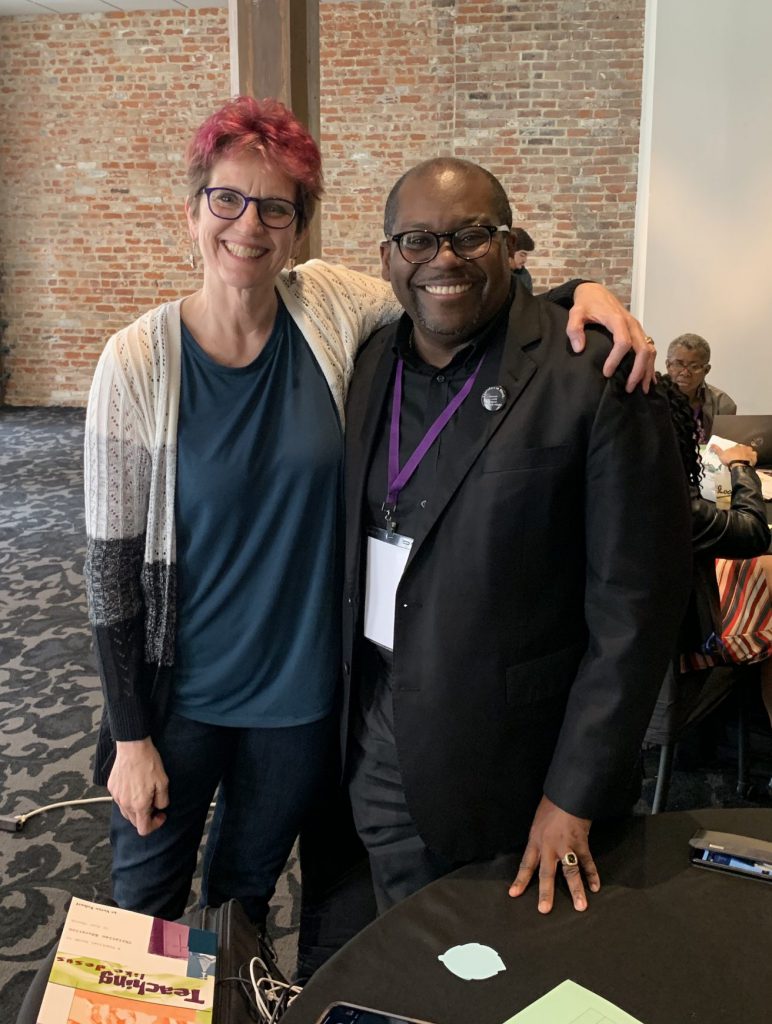Who are we?
The Table on Christian Education, Faith Formation, and Leadership Development (CEFFLD) was established in 2013 to address three primary areas of spiritual growth and discipleship across the lifespan. Ecumenical leaders appointed to the CEFFLD share a vocational interest across these three areas: Christian education (developing resources for Christian teaching and learning), faith formation (understanding discipleship, spiritual nurture and faith practices across Christian traditions), and leadership development (demonstrating how mission and service are an important part of faithful leadership in our churches, communities, and beyond).
Core expectations of convening table members
- Attend two meetings per year, one of which may be virtual.
- Participate actively in planning and implementation of joint projects.
- Share resources (human and financial) to support the joint work of the convening table.

What are we about?
Over the past decade the Convening Table has sought to balance collegial conversation to promote mutual learning and professional development with efforts to create new products and curate educational resources. For example, the CEFFLD was instrumental in writing and editing the 2018 publication “United Against Racism,” as well as curating an ecumenical library of anti-racism resources. In 2020 the focus was on mutual support and sharing of ideas for how best to serve congregations during a pivot to mostly online gatherings due to church closings during the pandemic. In 2021-2022 the Table participants shifted focus to the spiritual practices that guide and equip individuals, denominations/communions, congregations, or other faith-based communities toward Spirit-led acts of justice. To widen the impact of our conversation the CEFFLD provided a monthly video clip or article in the NCC newsletter. The personal stories of practices that nourish us for the long haul of justice ministries are archived here: Spiritual Practices to Sustain Our Spirit-Led Work for Justice – National Council of Churches
Leadership in 2023-2025
In May 2023 two co-conveners were appointed to a two-year term of leadership and will work alongside the NCC Director of Christian Education and Faith Formation in setting a focus for 2023-2025.


Reshma Phillips has been a member of CEFFLD since 2018. She is a member of the Mar Thoma Church and serves on the Mission Board and Southeast Regional Activity Committee for the Diocese of North America and Europe. In addition to her engagement with Mar Thoma’s many mission and outreach activities involving the youth, Reshma is also a college professor.
